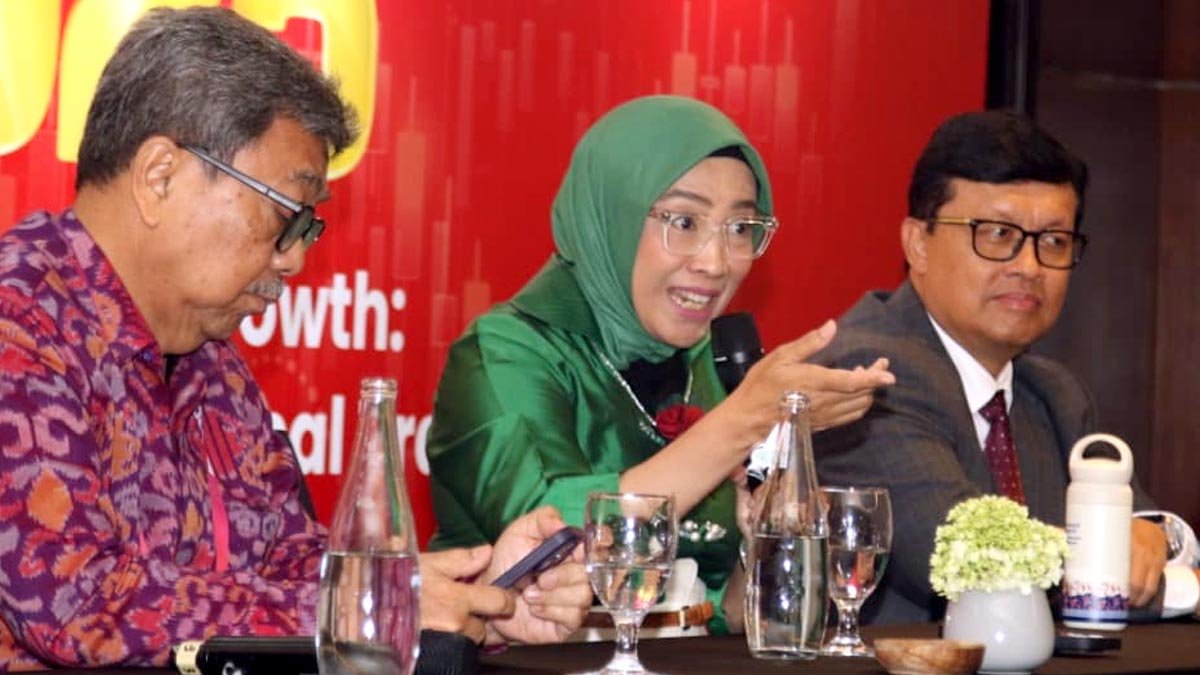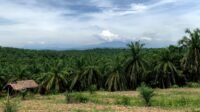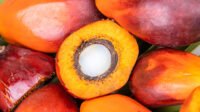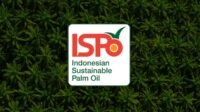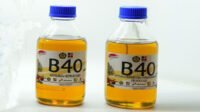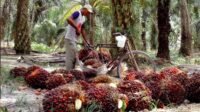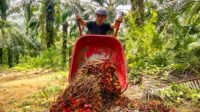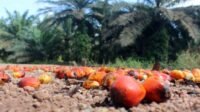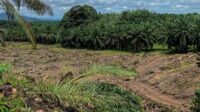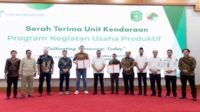PALMOILMAGAZINE, NUSA DUA – The Indonesian government is strengthening its push for clean, palm-based energy development. Eniya Listiani Dewi, Director General of New, Renewable Energy and Energy Conservation (EBTKE) at the Ministry of Energy and Mineral Resources, emphasized that testing and implementing biofuels is a key strategy to stabilize palm oil prices while reducing national emissions.
Speaking at a press conference during the Indonesian Palm Oil Conference (IPOC) 2025 and Price Outlook 2026 on Thursday (13/11/2025) in Nusa Dua, Bali, Eniya highlighted Indonesia’s extensive experience in biofuel development, including collaborations with automotive manufacturers and component producers.
“Indonesia already has strong experience. Several automakers, including Toyota, have conducted their own independent trials. This reflects our readiness to move to the next stage,” she told conference participants attended by Palmoilmagazine.com.
She referenced Brazil and India as examples of countries that successfully implemented national bioethanol programs earlier. Lessons from both countries, she said, are crucial for Indonesia in maintaining quality and supply stability in the domestic biofuel market.
“Brazil also started with low blends, from 5% to 30%, and faced similar challenges such as moisture levels and vehicle component adjustments. They overcame these through strict standardization. We will do the same,” she explained.
Eniya noted that several tests on palm-based fuel blends such as B50 are currently underway to assess engine durability, combustion efficiency, and impacts on vehicle components. Early test results show that several vehicles can adapt well after fuel system adjustments.
“We will be fully transparent with the test results. If there are issues, we will openly report them. All data will be shared so the industry can prepare,” she stressed.
She further emphasized that biodiesel policy is not only a technological matter but also part of a broader economic strategy to support palm oil smallholders.
“Our goals are threefold: to maintain profitable palm prices for farmers, reduce carbon emissions, and strengthen national energy security,” she said.
According to Eniya, increasing the renewable blend to B50 will impact national demand for palm-based feedstock. For this reason, the government is preparing strategic measures to ensure crude palm oil (CPO) supply remains sufficient without expanding plantations excessively.
“If B50 is fully implemented, feedstock demand will rise. Therefore, plantation productivity must improve to avoid opening new land,” she explained.
In closing, Eniya said the Ministry of Energy and Mineral Resources, together with the Plantation Fund Management Agency (BPDP) and other stakeholders, is formulating further steps to advance a national biofuel program that is efficient, environmentally friendly, and fair for all industry players. (P3)

